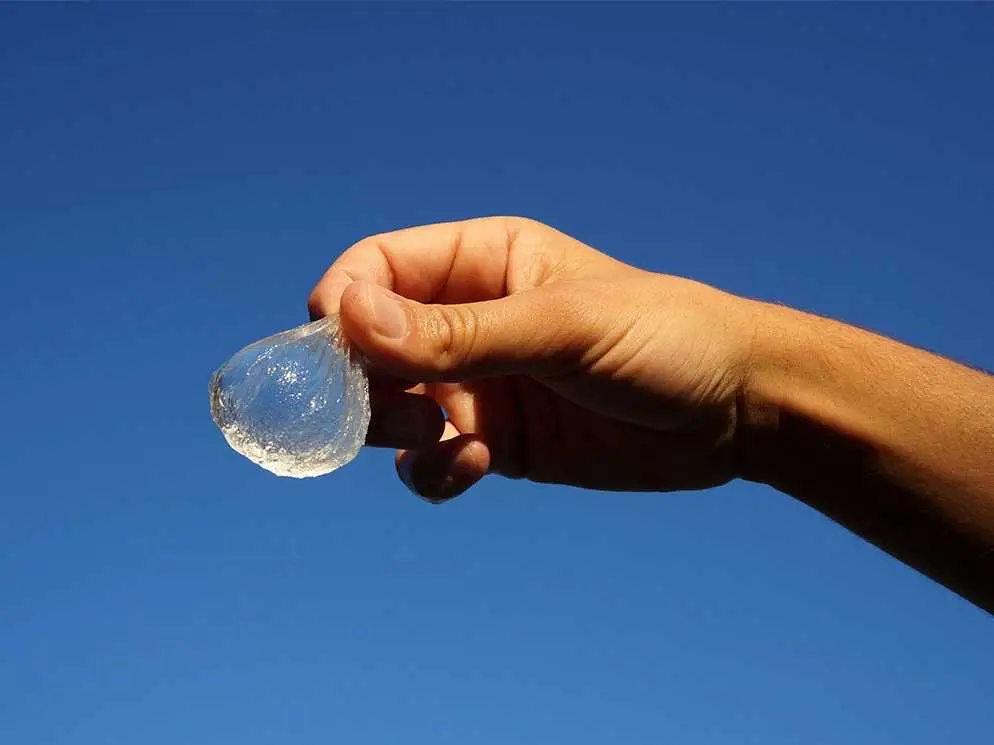Monthly Edition: November

Did the Fukushima Disaster only have detrimental effects on fisheries?
Monthly Edition: November

12/16/2023

Share
Wonjun Son, Jiyu Sohn, Sungyeol Choi
Since the 2011 tsunami wave, more than a million tons of wastewater have remained in Japan. On August 24, 2023, Japan started its initial plan to discharge the wastewater from the Fukushima nuclear plant into the Pacific Ocean, which will take over approximately 30 years. This precarious plan from the International Atomic Energy Agency (IAEA) has been highly controversial in the local communities of Japan, with those apprehensive about contamination. The Fukushima discharge impacted the local businesses, especially fisheries. Fisheries have experienced several detrimental effects, but they also showed improvements learned through this disaster.
The controversial topic of consuming seafood after the discharge has been largely debated among Asian countries. With the discharge of Fukushima water, fisheries in nations around Japan have been largely affected with a great drop in sales and less consumer attraction. For instance, according to the Chinese authorities, “ Imports of Japanese seafood fell 67.6% in August from the same month last year” (BBC). China being the largest importing country of Japanese seafood in Asia, the vast impact of this sudden drop led to a crucial flaw in both Chinese and Japanese economics. Indeed, according to surveys from the New York Times, many fish business locals have expressed their concern about their future in selling seafood with the name of Japan. In addition, when people were asked about their opinion on buying seafood after the discharge, many Korean citizens responded maybe or strongly no to buying seafood that is exported from the area of Fukushima (ScienceDirect). However, it is undoubtedly true that the ocean current carrying the wastewater won’t massively affect Korea and China. Furthermore, even after the incident in 2011 in Fukushima, the export in Japan “with an increase of 63.2%” proved that the discharge would not have a negative contribution to the overall economy.
The fishery industries responded to these difficulties with a number of innovations meant to mitigate and lessen the disaster's effects. After the Fukushima accident, testing for radioactive contamination in seafood was given more attention. More rigorous testing procedures were put in place by organizations and fishing authorities to guarantee that only safe items were sold. Previously, there were fewer alerts for the safety of marine animals because there were fewer concerns that those products would harm humans. Japan worked in partnership with international organizations, as well as other countries, to exchange research findings, best practices, and data. Understanding the disaster's wider effects on the maritime ecosystem was made easier by this cooperative approach, especially since the efforts were informed to the consumers. However, lack of continued effort and transparency of information would grow consumer’s doubt. Hence, fisheries should continue to improve on and conduct transparent communication and public education.
Robinson Review Favorites
Songi Chai, Yubin Cho, Seohyun Jang..
Trending on Robinson Review
Contact Us





